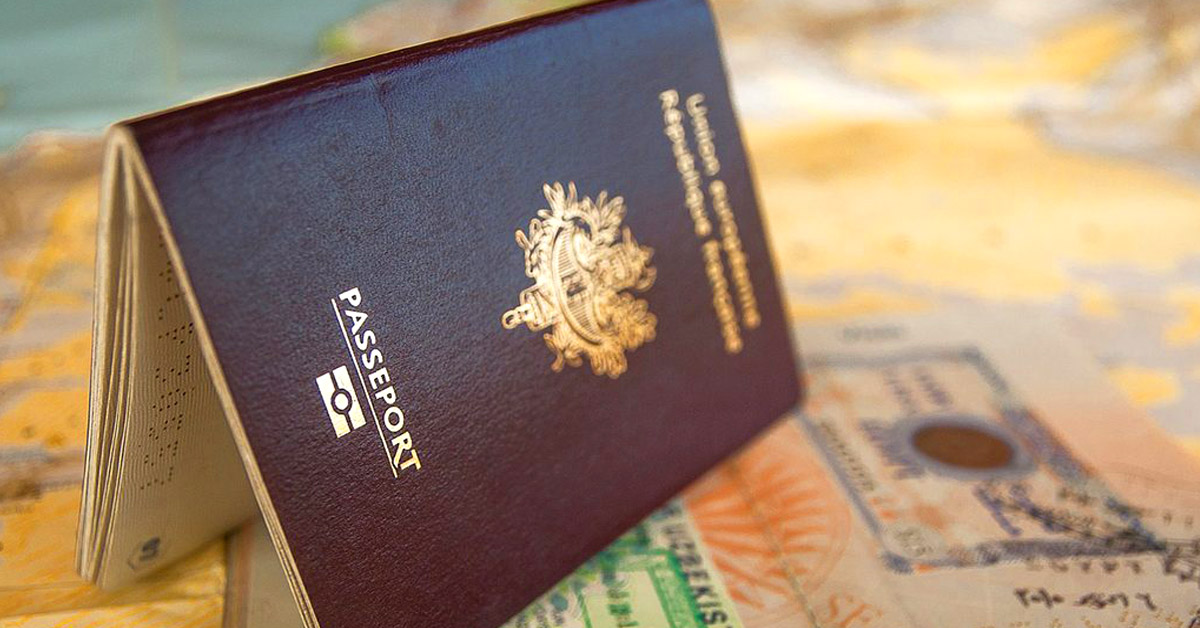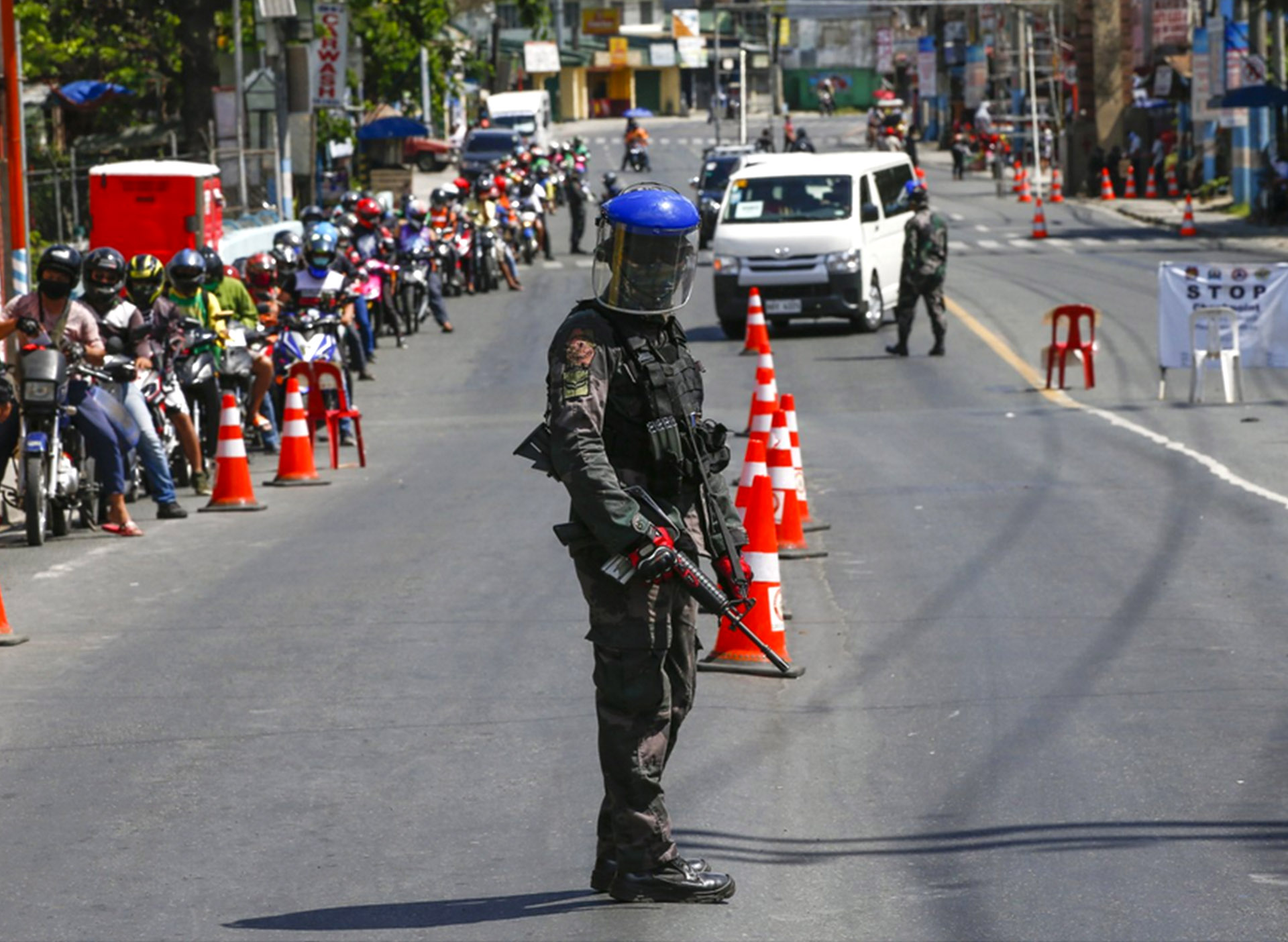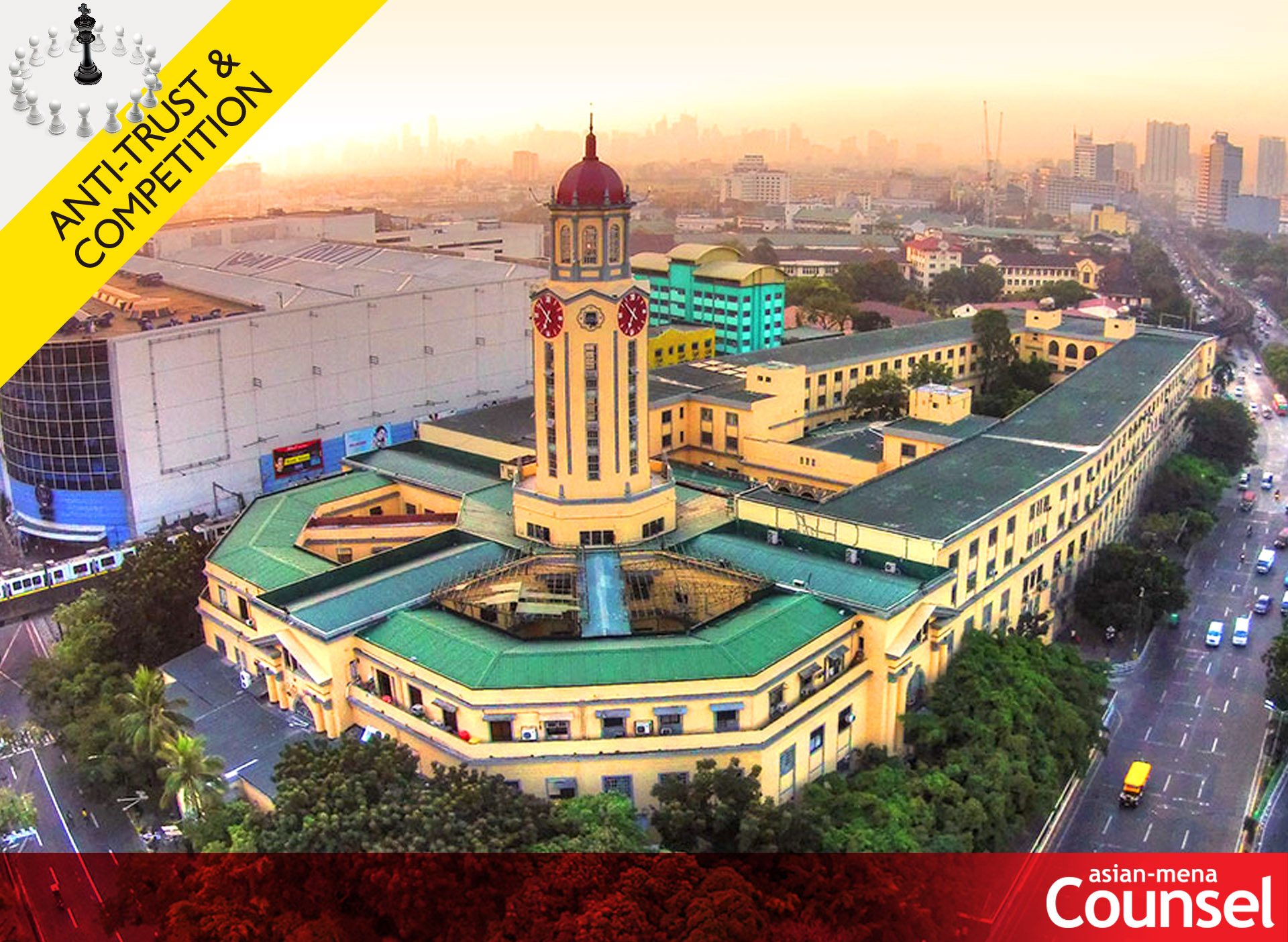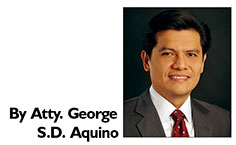By Noel Christian O Luciano, ACCRA Law
Bureaucracy teaches us two things: to wait and to execute everything in triplicate. “Red tape” has since evolved from the practice of Charles V, King of Spain and Holy Roman Emperor, of using red ribbon to identify important state documents. Now, it describes a system of regulations and official actions which restrict or deny access to swift and quality government services. The problem of red tape has proven to be perennial unlike the empires from which it began.
Like all modern political regimes, the Philippines is no stranger to red tape. Back in 2007, Republic Act No. 9485, or The Anti-Red Tape Act (ARTA), was passed to combat red tape and promote transparency and efficiency in the delivery of government services. Fast-forward to 2018, the Philippines falters nine (9) spots down the IMD World Competitiveness Ranking and ranks 113th out of 190 countries in World Bank’s Ease of Doing Business Index.
In a much needed effort to address the problem of red tape, Pres. Rodrigo Duterte signed into law Republic Act No. 11032, or The Ease of Doing Business and Efficient Government Service Delivery Act of 2018 (RA 11032), amending the ARTA by strengthening it and giving it teeth.
With RA 11032 now in full force and effect, its more prominent features deserve to be highlighted.
The Citizen’s Charter
The public still has the benefit of relying on the Citizen’s Charter ushered in by the ARTA for the updated service standards of a government agency. RA11032 adds to the ARTA by explicitly requiring government agencies to provide a comprehensive and uniform checklist of requirements for each type of application or request. This removes the uncertainties faced by business establishments when applying for regulatory permits which are, most often than not, at the mercy of government officials who impose new or different requirements. Demands for additional requirements not specified under the Citizen’s Charter are now illegal and expose the accountable government official to administrative and criminal liability.
Shortened Lead Time for Processing of Applications
RA 11032 further limits the time for government agencies to act on an application. Simple transactions are required to be acted upon within three (3) working days and complex transactions within seven (7) working days from the date of receipt of the complete application or request. These periods may be extended only once for the same number of days. Government agencies are required to give proper notice in writing of the reason for the extension and the final date of the action on the application or request.
Automatic Approval of New Applications and Automatic Extension of Licences
RA 11032 maintains the provision of the ARTA on automatic extension of licences and permits should a government agency fail to act on an application for their renewal within the prescribed processing time. RA 11032 goes further by granting automatic approval status to original applications for the issuance of licence, clearance, permit, certification or authorisation which remain unacted upon by the government agency after the lapse of the prescribed processing time. This closes the lacuna under the ARTA on new permit applications stuck in bureaucratic limbo.
Use of Technology to Further Expedite Procedure
In keeping with the Zero-Contact Policy, the Department of Information and Communications Technology (DICT) is mandated to develop a web-based software for business registration and infrastructure for interconnection between government agencies, among other technological innovations, to ensure access to fast and easy public services. The public should expect the roll-out of these technologies in the coming years.
Creation of Monitoring and Policy Bodies
Recognising the need to be abreast with the dynamic needs of the public, RA 11032 establishes key government agencies to monitor compliance with the law and review policy considerations for future implementation. These agencies are the Anti-Red Tape Unit in the Civil Service Commission, the Anti-Red Tape Authority, and the Ease of Doing Business and Anti-Red Tape Advisory Council.
While Congress did not reinvent the wheel with RA 11032, it certainly provided much needed oil and grease to a bureaucracy laden with woes of inefficiency and frustration. Time will tell if RA 11032 lives up to its avowed policies but it is a welcome step towards achieving quality government services that the Filipinos deserve.
This article was first published in Business World, a newspaper of general circulation in the Philippines.

T: (632) 830 8000









































 Angara Abello Concepcion Regala & Cruz Law Offices (ACCRALAW)
Angara Abello Concepcion Regala & Cruz Law Offices (ACCRALAW) Emerico O. De Guzman
Emerico O. De Guzman




